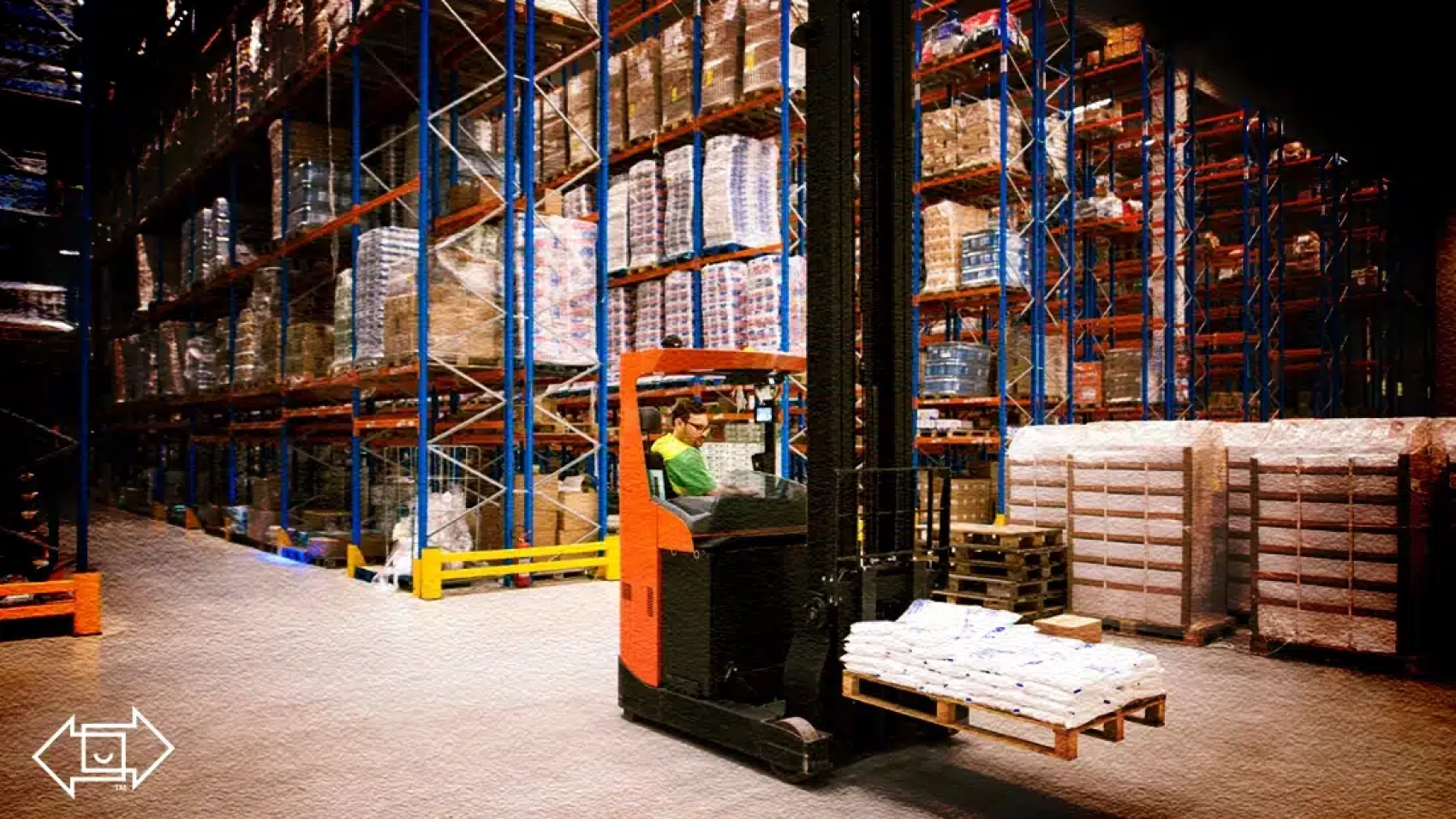In-Demand Warehouse Jobs: Flexible & High Demand
Warehouse jobs are the backbone of the logistics industry. They ensure goods move smoothly from suppliers to consumers. The demand for these roles is rising. E-commerce and online shopping have fueled this growth.
The flexibility of warehouse jobs attracts many people, particularly the appeal of shift coverage and flexible labor options. These jobs offer schedule flexibility, making them ideal for diverse workers. Students, parents, and those seeking extra income scout out these opportunities.
In this article, we explore the most in-demand warehouse jobs. Discover the roles that are shaping the industry today and a glimpse of workforce trends leading into 2026.
Why Warehouse Jobs Are in High Demand
Warehouse jobs are experiencing a surge in demand. A trend that links directly to the growth in e-commerce. Consumers increasingly shop online, expecting swift delivery.
Several factors contribute to this demand. Rapid technological advancements and streamlined supply chains drive the need for efficient warehouse operations. Businesses require agile staff to meet market demands.
Key reasons for high demand include:
-
- Continuous rise in online shopping.
- Need for speed and accuracy in deliveries.
- Expanding global supply networks.
Companies seek capable workers to manage this dynamic environment. They offer attractive incentives to fill these crucial roles, ensuring efficiency and customer satisfaction.
Top In-Demand Warehouse Job Roles
Warehouses are pivotal to the supply chain, offering a range of job roles. These roles accommodate various skills and preferences. Certain positions are particularly in demand due to their critical nature.
In high demand are jobs like:
-
- Pickers and packers
- Forklift operators
- Inventory managers and supervisors
Pickers and packers ensure products are ready for shipping. Their accuracy and speed help maintain customer satisfaction. Forklift operators are essential for efficiently moving large goods. They manage heavy equipment with skill and care.
Inventory managers play a strategic role. They oversee stock levels to avoid shortages or surpluses. Supervisors help coordinate teams, ensuring operations run smoothly.
These jobs are fundamental to maintaining seamless, effective warehouse operations. Pursuing one can lead to a rewarding career within the logistics industry.
Pickers and Packers
Pickers and packers are necessary in preparing customer orders. Their main task is to gather and pack items for shipment. Efficiency and attention to detail define their role. Ensuring the correct products reach customers is vital to maintaining satisfaction.
Forklift Operators
Forklift operators handle machinery to move heavy goods. They operate in both receiving and shipping areas, ensuring smooth transitions. Operating forklifts requires precision and adherence to safety protocols. It’s a role that blends physical skill with technical knowledge.
Inventory Managers and Supervisors
Inventory managers ensure that stock levels meet demand. They minimize waste while maximizing efficiency. Supervisors assist by organizing warehouse staff. They ensure that operations remain on schedule and align with company objectives.
The Importance of Shift Coverage and Flexible Labor
Shift coverage is vital for warehouse efficiency. It allows operations to proceed without interruption, even during unexpected peaks. Maintaining productivity requires workers across various shifts.
Flexible labor is equally important. It allows warehouses to scale their workforce up or down as needed, optimizing costs and resources. The ability to adapt is a significant advantage during seasons with fluctuating demand.
Key benefits of flexible labor include:
-
- Cost management: Adjust workforce based on demand.
- Enhanced efficiency: Reduce downtime during busy periods.
- Workforce diversity: Attract varied talent with flexible roles.
Together, shift coverage and flexible labor create a responsive warehouse environment. They ensure operations run smoothly and meet business and customer needs.
Schedule Flexibility: A Key Benefit for Workers
Schedule flexibility is a major perk in warehouse jobs. It caters to diverse lifestyles and commitments. Workers can select shifts that align with their needs.
Shift flexibility attracts a broad range of workers, including students and parents who can not commit to standard business hours. It also appeals to those juggling multiple roles or seeking part-time work. Flexible schedules empower employees to balance personal and professional commitments seamlessly.
Advantages of schedule flexibility include:
-
- Work-life balance: Allows time for personal activities.
- Diverse job options: Choose from full-time, part-time, or temporary roles.
- Employee satisfaction: Increase morale and reduce turnover.
For many, this adaptability is a driving factor in choosing warehouse jobs. It offers freedom seldom found in traditional 9-to-5 roles.
Skills and Qualifications Needed for Warehouse Jobs
Warehouse jobs often demand a unique set of skills and qualifications. Physical stamina is required due to the nature of the work. Employees frequently need to lift and move heavy items. Additionally, attention to detail ensures accurate task performance, preventing costly mistakes.
Furthermore, teamwork skills are important given the influx of tasks that require collaboration. Effective communication skills support smooth operations and improve efficiency. Beneficial skills and certifications for warehouse jobs include:
-
- Forklift operation licenses
- Basic computer skills
- Safety training certifications
Many roles offer on-the-job training, making warehouse positions accessible to individuals without prior experience. Building these skills can lead to career advancement in the supply chain, warehousing, and logistics industry.
How to Find and Land a Warehouse Job
Landing a warehouse job involves strategic steps. Networking can be a powerful tool. Connecting with industry professionals can lead to job opportunities. Additionally, online job platforms frequently list openings.
Here are some ways to find warehouse jobs:
-
- Use online job boards like Indeed or LinkedIn
- Attend local job fairs
- Register with staffing agencies
Polish your resume to highlight relevant skills and experiences. Tailoring your application to match the job description increases your chances. Engaging in warehouse-related training programs can also enhance employability.
Career Growth and Future Trends in Warehouse Work
Warehouse jobs offer potential for career advancement. Many roles serve as entry points into logistics and supply chain management. As you gain experience, opportunities for higher positions increase.
Future trends in the industry are exciting:
-
- Automation and robotics are on the rise
- Demand for skilled workers remains strong
- Safety protocols and training are evolving
Staying informed about technological advancements can help you stay ahead of upcoming trends. These changes create new roles and career paths. Embracing innovation can position workers for future success and guarantee long-term career stability.
Is a Warehouse Job Right for You?
Warehouse jobs offer flexibility, growth, and vital roles in logistics. Consider your skills, preferences, and career goals to decide if this dynamic industry fits you.

